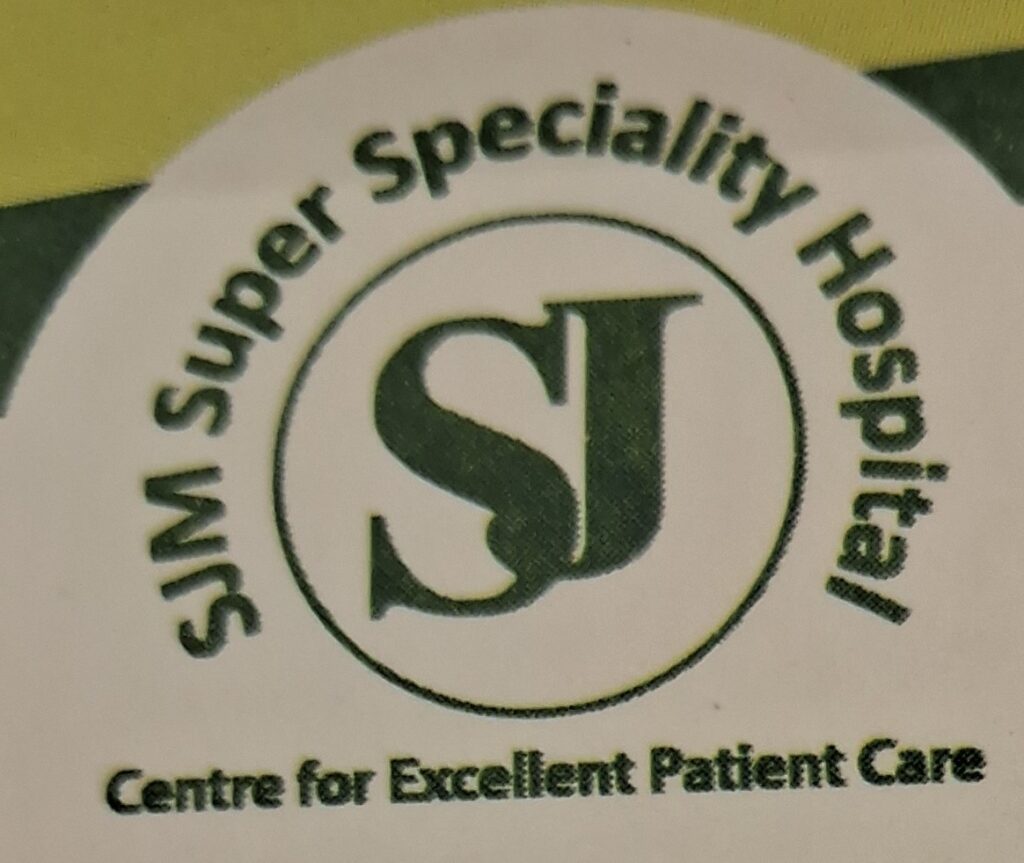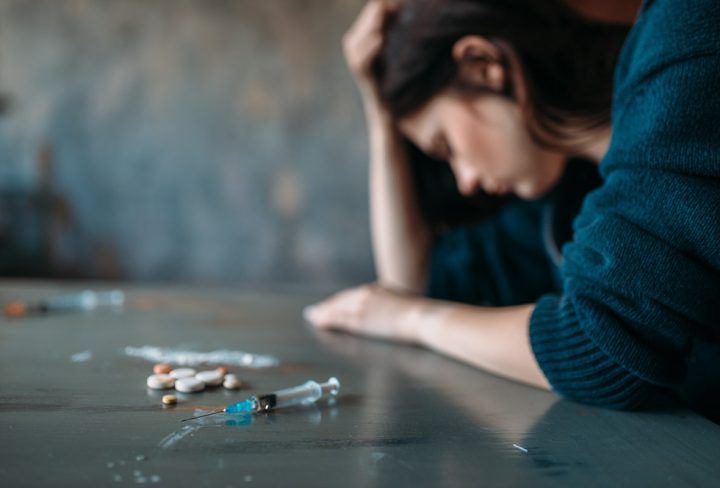Understanding Addiction
Addiction is a complex and chronic disease that affects the brain and behavior. It is characterized by compulsive drug-seeking and drug use, despite harmful consequences. Addiction can be caused by various factors, including genetics, environment, and mental health issues. It can lead to physical and psychological dependence on drugs or alcohol.
Signs and Symptoms of Addiction
The signs and symptoms of addiction may vary depending on the substance and the individual. Some common signs include:
- Withdrawal from friends and family
- Neglecting responsibilities
- Decreased performance at work or school
- Financial problems
- Legal issues
- Mood swings
- Changes in behavior
- Physical symptoms, such as nausea, shaking, and sweating
The Importance of Seeking Help
Seeking help for addiction is essential for overcoming it. Many people who struggle with addiction try to quit on their own, but this can be dangerous and often leads to relapse. Professional help and support from a rehab center can provide the necessary resources and guidance to help individuals overcome addiction.
Deaddiction Treatment Options
There are various deaddiction treatment options available, including:
Detoxification
Detoxification is often the first step in the recovery process. It involves removing the substance from the body and managing withdrawal symptoms. Detoxification can be done in an inpatient or outpatient setting, depending on the severity of the addiction.
Inpatient Treatment
Inpatient treatment involves living at a treatment facility for an extended period. Patients receive 24-hour care and support, including individual and group therapy sessions, medication-assisted treatment, and other forms of therapy.
Outpatient Treatment
Outpatient treatment involves attending therapy sessions and support groups while living at home. This treatment option is suitable for individuals with less severe addiction or those who cannot take time away from work or family responsibilities.
Medication-Assisted Treatment
Medication-assisted treatment involves using medications, such as methadone and buprenorphine, to help manage withdrawal symptoms and cravings. This treatment option is often used in combination with other forms of therapy.
Behavioral Therapy
Behavioral therapy involves working with a therapist to identify and change harmful thoughts and behaviors that contribute to addiction. This treatment option can be done individually or in a group setting and is often used in combination with other forms of therapy.
Aftercare and Support
Aftercare and support are essential for maintaining long-term sobriety. This includes attending support groups, continuing therapy sessions, and practicing healthy coping mechanisms. Aftercare and support can help individuals avoid relapse and maintain their recovery.
Conclusion
Deaddiction is a challenging process, but it is possible with the right treatment and support. If you or someone you know is struggling with addiction, seek help and support from a trusted healthcare provider or rehab center. Remember, recovery is possible, and a sober and healthy life is within reach.

